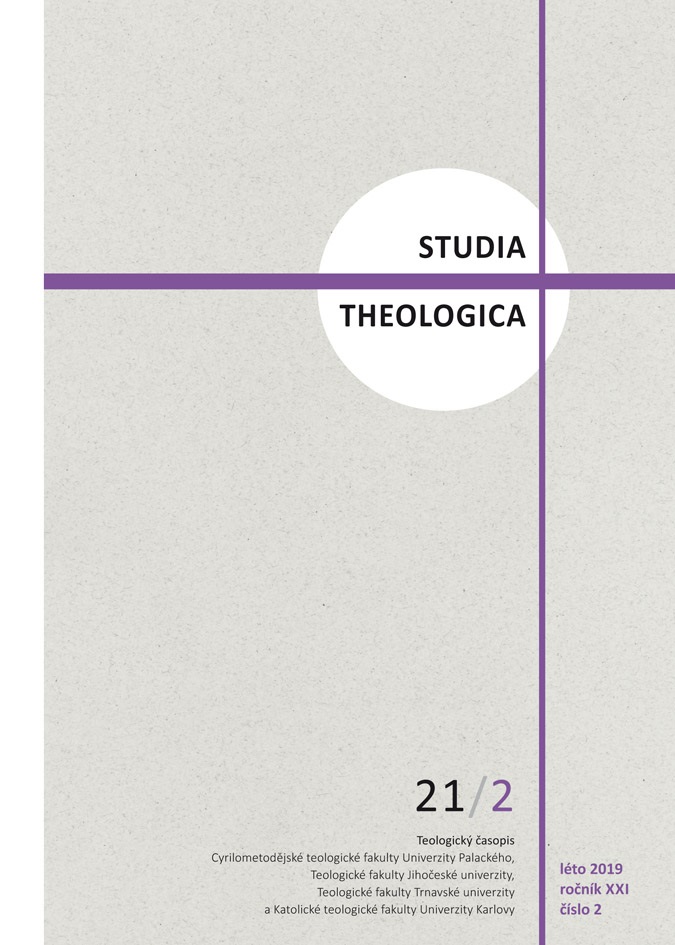Vymáhanie kánonickoprávneho zákazu úrokov v stredoveku a ranom novoveku
The enforcement of Canon-Law Prohibition of Interests in the Middle Ages and Early Modern Period
Author(s): Vojtech VladárSubject(s): Christian Theology and Religion, Theology and Religion
Published by: Univerzita Palackého v Olomouci
Keywords: Usura;Scriptura Sacra;Church Fathers;Medieval Canon Law;Canonists;Church Lawgivers;Ecclesiastical Courts;Application Practice;External and Internal Forum;Penitentials;
Summary/Abstract: The word "interest" was defined by the Latin word usura from Classical Times. Even canon law, which rejected the charging of interest on the basis of the arguments of moral-legal rules contained in the writings of the Old and New Testament and their interpretations in the works of the Church Fathers, used this substantive from the beginning. In this account usura, in the sense of taking more than was initially lent when applying the institution of a loan, was forbidden. This was the reason for criticizing and blaming the Catholic Church for its reaction and for slowing down economic development, namely not only on the part of economic theorists. Several researchers state, however, that this prohibition was not consistently enforced by the ecclesiastical courts, discussing actually a dead letter in this case. The main goal of this article is to point out the enforcement of the prohibition of the charging of interest by means of rules of Medieval canon law.
Journal: Studia theologica
- Issue Year: XXI/2019
- Issue No: 2
- Page Range: 43-74
- Page Count: 32
- Language: Slovak
- Content File-PDF

